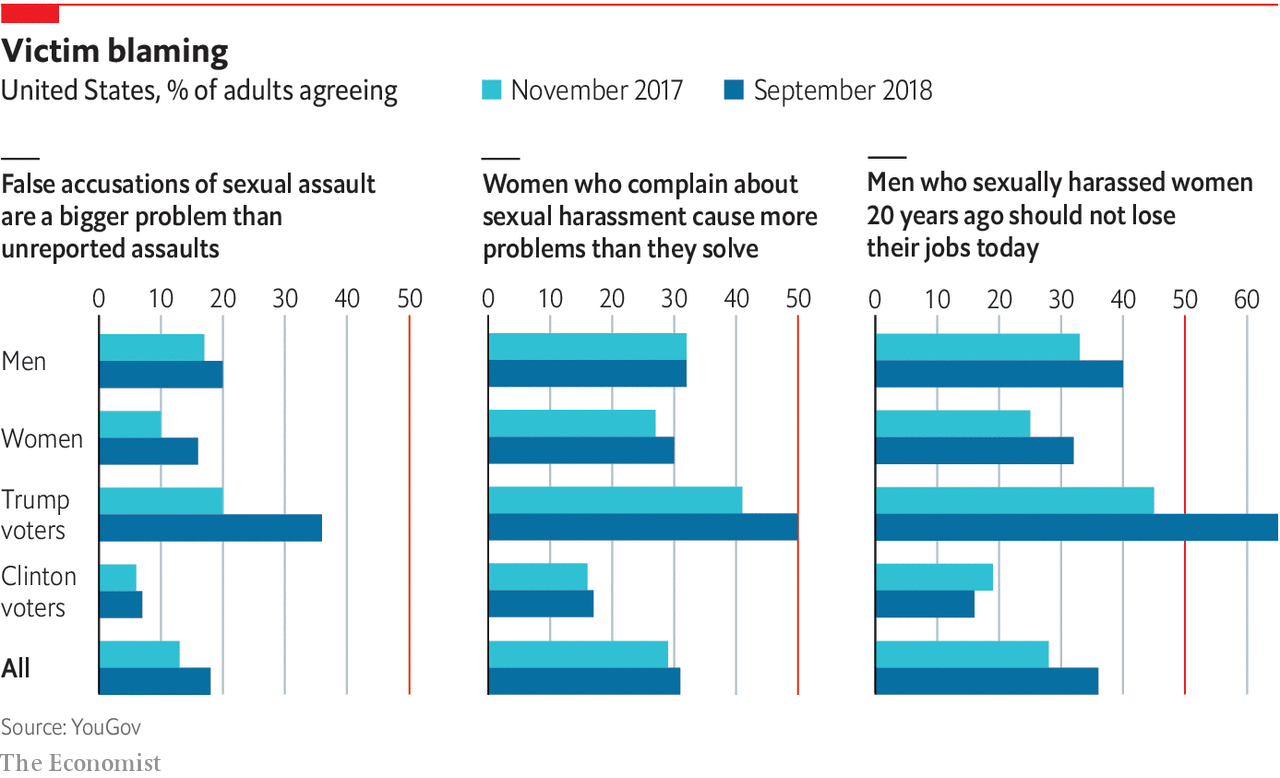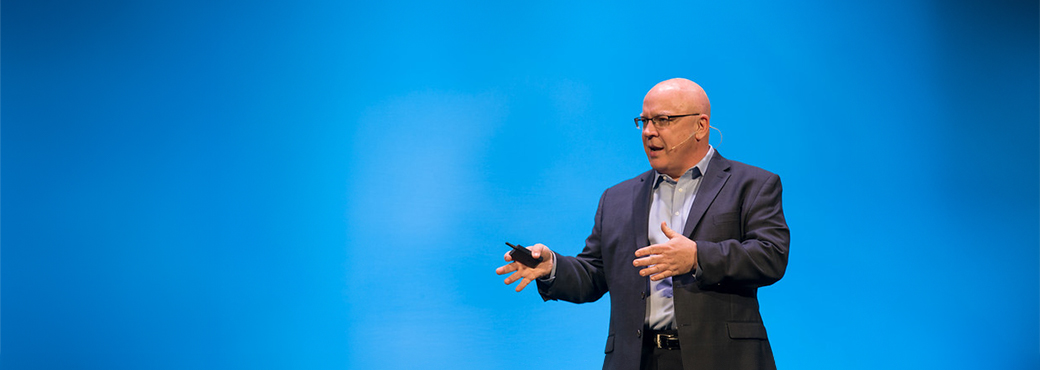In my Business Ethics and Leadership MBA class, we have a segment called Ethics in the News, where students bring an issue from the week’s news to discuss and try to apply abstract ideas – such as “values-based leadership” or “consequentialist ethics” or “tragedy of the commons.” From my point of view, the hardest but most important thing for a professor to do is to take important philosophical precepts and help students apply them to the ever-so-practical world of business (like wtf does teaching Kant have to do with 21st-century business). We need ethical business leaders. This list, and the ones I’ve done for previous years, are far from exhaustive.
Dishonorable Mentions: Ethics Scandals of 2018
Before my top three, here are the dishonorable mentions of worst ethics scandals of 2018:
Please remember – if you love this content – share the love. 🙂
Worst business ethics scandals 2018 – the runners-up
- Musk “blazes” on TV, bad mouths the SEC, threatens to take Tesla private, and steps down as chairman. (My fave CEO of all time, but srsly dude…)
- Pharmaceutical price-gouging continues “executive defends 400% increase saying he had a moral requirement to do so.” (This sounds like groundhog day, didn’t we just have an Epi-pen scandal and indict Pharmabro Martin Shkreli?)
- Starbucks, diversity training and plastics straws. The coffee shop we love, or love to hate, definitely tries to do the right thing (sometimes.)
- Glyphosate and Monsanto. Growing research suggests that glyphosate causes cancer. A jury awarded Dewayne Johnson $78 million and a further 8,700 cases are pending. High levels of glyphosphate are found in carrots, quinoa (who cares, it is gross), almonds, and vegetable oils. This story is far from over.
- Google passes on DoD contract worth $10 billion after employee activism. (Is employee activism a “new thing”? A good thing?)
- WeWork goes veggie in its cafeteria. Is this “living our values”, or paternalism?
- Mass shootings and actions by Dick’s Sporting Goods, Delta, and MGM. After the US’s most bloody year on record, corporations do…. well almost nothing. Were their actions pure symbolism? (Note also for anti-immigrant, anti-Muslim folks – NONE of this year’s mass shootings were by brown-skinned illegals or Islamic fundamentalists.)
I could go on. Let me know what I’ve missed. Comments invited!!
Top 3 Worst Ethics Scandals of 2018
The winners are (envelope please), in 3rd place:
3rd: Social media, campuses, and free speech
I did not think I’d worry when Alex Jones, the loony conspiracy theorist who thinks the kids killed in Newtown Connecticut were “crisis actors” and not really dead kids was banned from YouTube (then Twitter and Facebook).
There is a special section on him and people like him in Truth Wars – on how fringe ideas become amplified by the internet and thus appear mainstream (the majority illusion).
However, I am worried generally about corporate control of our information and worry that I might find myself defending such execrable creatures rights. (As Oliver Wendell Holmes said, “freedom for the thought that we hate.”)
Campuses face the very tricky decisions of allowing alt-right speakers (which costs them millions) or shutting them out and bearing the assault from right-wing media (and reinforcing stupid ideas such as Cultural Marxism.) Germany has started large fines for social media companies who allow hate speech – usually neo-Nazis – on their sites.
I talked about this on my podcast with media expert and staunch left-libertarian Paul Levinson.
(If you would like a longer piece on this topic, let me know in the comments and I’ll conjure up something).
2nd: #MeToo, CBS, Fox, creeepy dudes, and the media
We’ve seen high profile resignations and firings – notably Les Moonves (CBS CEO), Bill O’Reilly, and Harvey Weinstein (Whine-Stain?).
However, politicians seem to be able to dodge bullets, Kavanaugh, Roy Moore, and el Presidente Manosear (you can look that up) managed to keep accusers at bay.
Despite the hullaballoo and media shitstorm, little has changed in corporate America (or elsewhere.)
Women’s testimony is finally being taken more seriously – however, the gap between rhetoric and reality persists (below).
Furthermore, there are deep-seated problems that #metoo skirts, pay gaps, glass ceilings, and testosterone-heavy boardrooms. We need to fix those structural problems – but that is another essay.
There is now, on Wall Street, a new protocol – “avoid women at all costs”- don’t dine, drink, sit next to them on flights, or book hotel rooms on the same floor! (An extension of the so-called “Pence rule” – from the vice-president who said he would not dine with a woman without his wife there. LoL. In nearly 40 years at the highest levels of business, government, and academia, I’ve never heard anything so absurd.)
The not-so-funny part of this is that HR departments are put in extremely difficult positions…
A rule-based system (like the Wall Street rules) seems to unduly restrict normal social (and dare I say biological) interactions between men and women. (Before internet dating, over half of couples found their spouse at work. Flirtation is a mammalian thing, is that never allowed? Perhaps it isn’t given issues of power and its abuse? I really don’t know. It seems draconian, but then as a bloke – a fifty-something bloke – I’m not likely to be a victim any time soon.) It is hard to see through any other lens than being a male, there is no objective stance above issues of race and gender from which we can perceive those issues (aperspectival). As philosopher Thomas Nagel said, “there is no ‘view from nowhere’.” I can’t imagine what it is like to live in a world where I start with two strikes against me, or one which at any time someone might use their position or violence to obtain sex.
A rule-based system may also exacerbate issues of exclusion where men club together doing men-things while excluding female peers from informal, and important, work conversations and decisions.
There is a delicate balance for HR to strike, between encouraging women to safely come forward with zero fear of adverse repercussions, and protecting men from life-destroying false accusations.

I’ve been on the wrong side of this – twenty years ago, I gave a woman client a business card and later found out:
- a) that this was seen as an untoward advance despite the fact that we were standing in a group of six people and handing business cards to clients is normal enough stuff,
- b) that I’d lost a $200k project as a result!
Despite this, I find it hard to take seriously the denials of someone accused by dozens of women of similar things over decades. I do see how gestures can be misinterpreted, as in…
I’ve shared Neil DeGrasse Tyson’s letter on social media. It deserves a read. Most people think his transparency and unreserved apologies are sufficient. Some women friends think even his (the accused) accounts are creepy.
What do you think?
The #metoo backlash – more people think men are the victims!
Oh – and at least Moonves isn’t getting his $150 million bucks exit package. I think we will see more clawback clauses in executive contracts.
1st: Facebook and business ethics – 2018
Facebook has had an annus horribilis. Here are just a few scandals – and an example of the reaction on social media to this scandal:
- Cambridge Analytica obtains 50 million users data. Despite their avowed policy changes in 2015, and even since the Cambridge Analytica debacle, users no longer feel Facebook takes their privacy seriously. Data from Facebook has been obtained by potentially hostile actors, Yandex (Russian search firm) and Huawei, as well as Amazon, and Sony (to name just a few.)
- Facebook’s platform tilted the Brexit vote, the 2016 US presidential election, and more. Fake news from Russian trolls overwhelmingly favored Trump and Brexit (does anyone else think that if Russia wants it, it almost certainly is not good for us?) We do not know whether this tilting affected the results (although both were super close). Despite this, the company is accused of being biased toward left-of-center causes!
- Facebook was hacked in September. The breach gave the hackers access to 30 million users’ data.
- A New York Times investigative scoop revealed that Facebook partnered with a very dodgy PR firm, Definers Public Affairs, which is accused of unethical and even anti-Semitic “opposition research.”
- Zuckerberg testified before the US Congress revealing a) he is skillful at dodging hard questions (how much was he coached?), and b) how absolutely mediocre the intellects are of some Congresspeople.

I don’t give investment advice (I used to), so please heed this disclaimer – I am no longer registered with the SEC. It is rare that ethics scandals destroy as much shareholder value in so short a period.
The stock is at a two-year low!
I believe this is the beginning of the end (well, ok not the end Yahoo is still floundering around).
Even more worrying than the above is the perception among young people that Facebook is for old people. Literally (well not literally), nobody under the age of 20 uses it, and as they age, it is hard to see the next generation of teens doing differently. That, and the fact that older-users are leaving for ethical and privacy reasons spells (in my view) bad bad news.
I’m not sure how much of this was avoidable. Until a few years ago, Facebook would have vehemently denied that it was a news organization. (Honest, we are just a neutral platform. Really.)
However, algorithms and filter bubbles mean what you get on Facebook is far from neutral. If you are a little racist, you will get news that inflames that.
Why?
Because emotions generate clicks and clicks generate money. (This is kind of what my book Truth Wars is about.)
Now things are changing. Facebook is partnering with fact-checkers around the world (34 of them). (This will really upset the climate deniers, alt-righties, and conspiracy theorists.)
There is more to say – I started a book on all this (Truth Wars, temporarily on hold while I publish two second editions) – but I suspect in 2019, two of these issues will still be on my list.
Paul Gibbons


Comments
One response to “Worst Ethics Scandals of 2018”
[…] Worst Ethics Scandals of 2018 […]